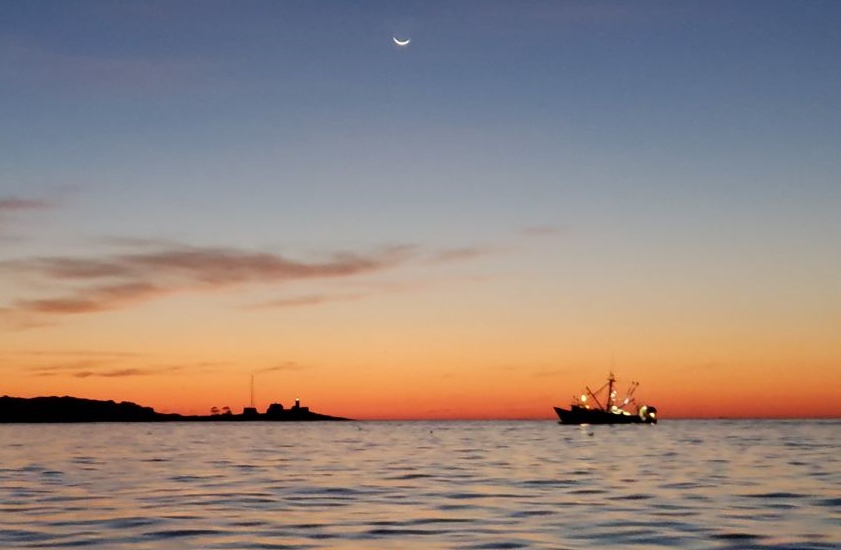This year, many fishermen and fishing cooperatives used social media to market directly to their communities as the traditional channels for seafood sales dried up with the closure of restaurants and foodservice outlets. It was not uncommon to see posts from customers seeking deals, cheap seafood and the "best price."z
How do you factor the risk of death, injury and heartache into your dock price? I don't think there's an algorithm for that.
Last week, Maine's fishing community lost four souls with the F/V Emmy Rose. Their families are still grieving and pressing on without closure. The search was called off a week ago, the boat and the crew still missing.
The proceeds from this GoFundMe will be split between the four families.
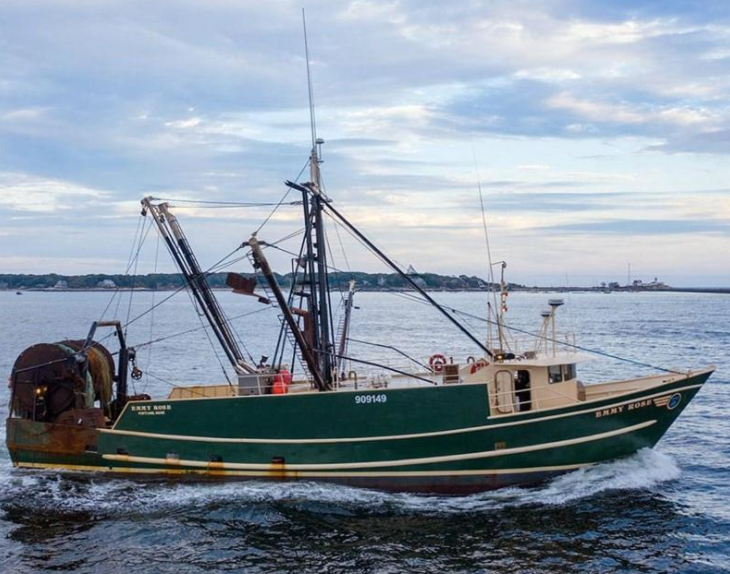
A fishing boat lost at sea sends ripple effects through the fishermen's communities. These losses remind other members of those communities that our neighbors make great sacrifices for our nourishment. But how many Americans understand the losses and risks to commercial fishing families?
Fishermen's associations and memorial foundations work year-round not only to honor the lives of commercial fishermen lost at sea, but also to support the needs of their families, provide safety training and other critical aid to the community.
(You don't have to be a fisherman to donate to an association.)
This year, those associations filled a new demand for support in helping our fleets navigate a pandemic that changed our seafood supply chains overnight.
This is certainly not a comprehensive list, but these are the associations I saw working double time to help our fishermen find their footing, local communities fill an ever-increasing need for local food supplies, and maintain working waterfront access and infrastructure.
The Maine Coast Fishermen's Association not only worked to support direct marketing efforts this year, but it also founded the Fishermen Feeding Mainers Program to support both local fishermen and food banks.
The Seafood Nutrition Partnership's Eat Seafood, America! program launched in April to encourage American consumers to eat U.S.-produced fish and shellfish — for their health as well as the health of our fishing communities.
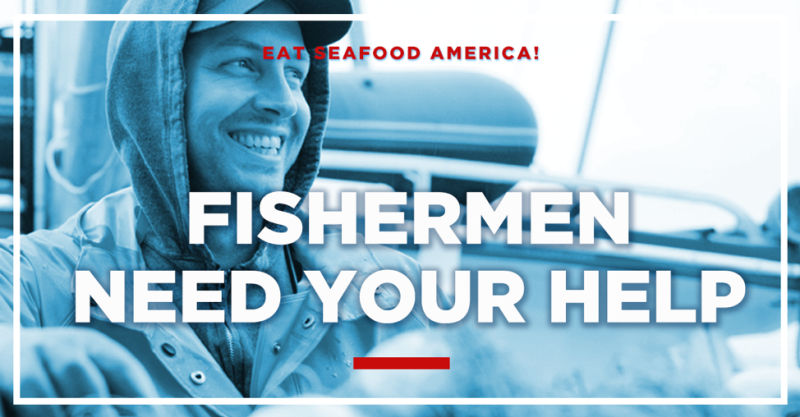
SeaShare has been distributing high-quality seafood to food banks across the country since 1994. In that time, the organization has donated more than 230 million servings of seafood — a cause well worth continuing.
The Alaska Marine Safety Education Association has been at the forefront of fishing safety for decades. This year was no different, though the task was monumental.
Fishing Partnership Support Services is dedicated to improving the health, safety and economic security of commercial fishermen and their families through its four offices in Massachusetts fishing communities. Its Oceans of Recovery program has continued via Zoom this year, to provide a lifeline for fishermen and their families in recovery from substance use disorder.
Commercial Fishermen for Bristol Bay, SalmonState and the United Tribes of Bristol Bay have been fighting the development of Pebble Mine in Alaska's Bristol Bay region for the better part of two decades. Though the news of a permit denial is a positive turn, the door won't be closed until Bristol Bay is protected permanently.
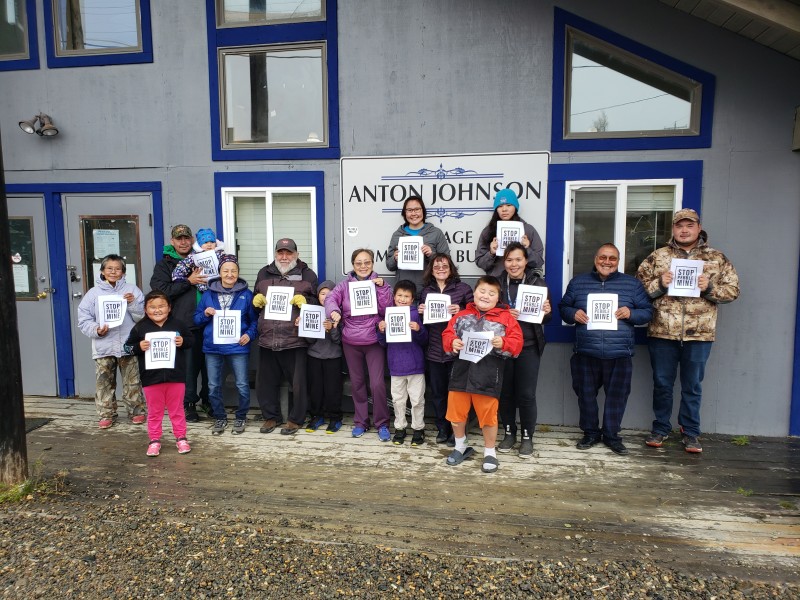
Mississippi Commercial Fisheries United facilitated CARES Act funding applications, hurricane recovery and seafood direct-sales support to local and regional fishermen.
The Alaska Longline Fishermen's Association and Alaska Sustainable Fisheries Trust have donated nearly 500,000 meals — 300,000 pounds of Alaska seafood — through their Seafood Donation Program via Alaskan's Own, a community supported fishery.
The Salmon Sisters started the Give Fish Project with Silver Bay Seafoods to make donations to the Food Bank of Alaska.
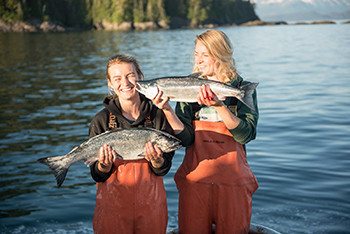
San Diego Fishermen's Working Group helped found Fish to Families, a local meal distribution program.
The Alaska Marine Conservation Council is being supported today with a fund match for donations up to $7,000. Its programs include community supported fisheries, working waterfront access and habitat protections.
The Island Institute is based in Maine but works with coastal communities across the country to build and sustain local support for fisheries, island communities and working waterfront access.
Seattle Fishermen's Memorial annual banquet is part of our Pacific Marine Expo tour of events every fall. The pandemic has shuttered the opportunity to raise funds through social gathering, but it has not reduced the community's need for support.
Today Geico Military is tripling all contributions to the Coast Guard Foundation.
Many other fishing associations deserve your support and membership. I know this year has been hard, but the fights to maintain access to fishing grounds and healthy fisheries are not slowing down. Please join your local, regional and gear-type associations to support their work and yours.





